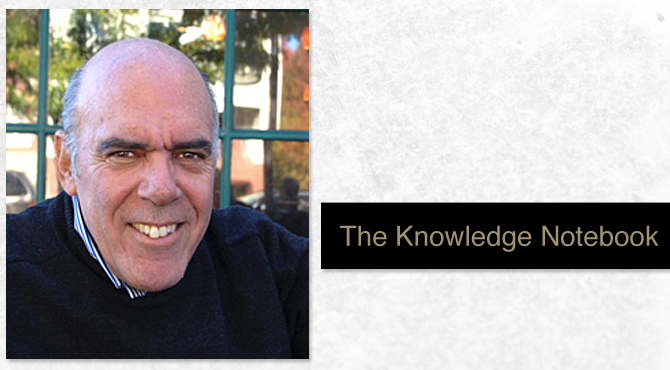
By Laurence Prusak How do you evaluate a situation quickly—in seconds or minutes? Do you think it through systematically, evaluating the evidence at hand, weighing all the inputs and coming to a coherent and cohesive conclusion?

By Laurence Prusak How do you evaluate a situation quickly—in seconds or minutes? Do you think it through systematically, evaluating the evidence at hand, weighing all the inputs and coming to a coherent and cohesive conclusion?

On July 31, 2011, Expedition 28 astronaut Ron Garan looked out his window aboard the International Space Station and saw the moon. In fact, he saw it sixteen times. “We had simultaneous sunsets and moonsets,” said Garan. For him and the rest of the station crew, this extraordinary event is a daily occurrence. Since the […]
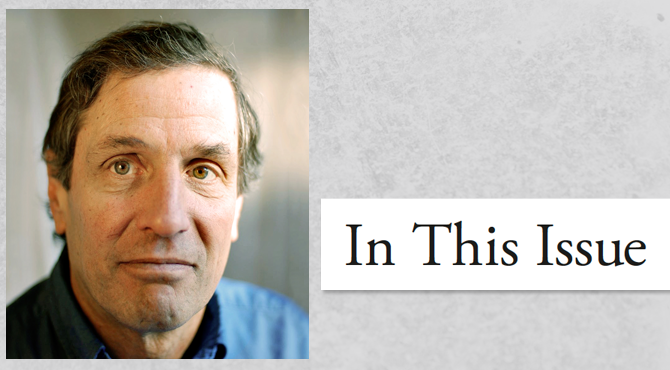
Don Cohen, Managing Editor One of NASA’s stated goals is to “expand scientific understanding of the earth and the universe in which we live.”
By Ed Hoffman Many years ago, I was hired to design and implement strategies that supported teams at Goddard. Because performance happened at the team level, the idea was to complement traditional individual-development activities with team support.
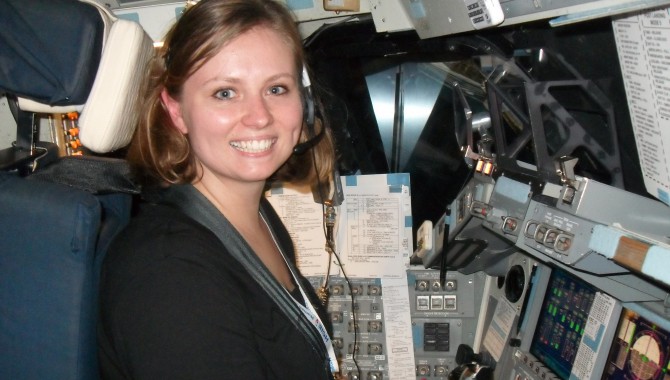
By Alina Zater My name is Alina Zater, and I’m a senior at American Public University, where I’m soon to earn a bachelor of science in space studies.
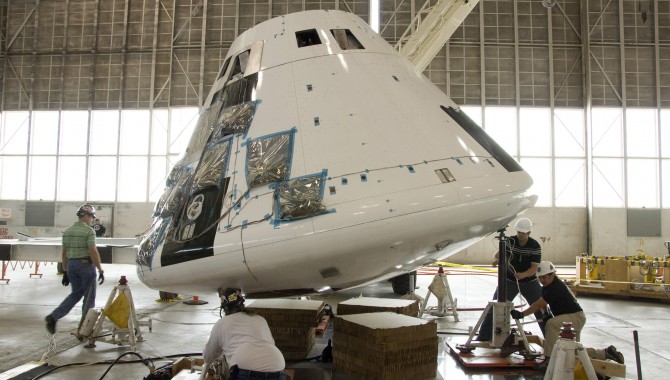
By Adam Harding A new engineer’s career with NASA usually begins by being tossed into the deep end. You are immediately handed real-world engineering challenges and face the overwhelming data, procedures, and calculations needed to solve them.

By John McManamen One of the many lessons I’ve learned during my career is we aren’t always as smart as we think we are. When we discovered large oscillations occurring during docking between the Space Shuttle and International Space Station (ISS), I had a chance to learn that lesson again.

Close-up detail of the surface of one of Josh Simpson’s glass “Planet” sculptures. Inspired in part by photographs taken by Astronaut Cady Coleman, his wife, he creates his fantasy planets in his studio in Shelburne Falls, Massachusetts. Photo Credit: Tommy Olof Elder
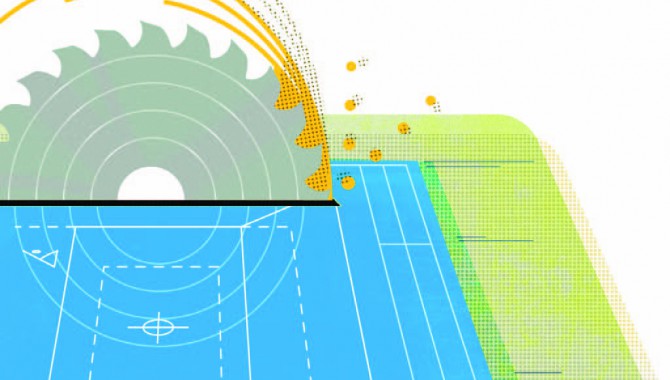
By Taralyn Frasqueri-Molina Even a genius team can never anticipate every possible risk that might occur on a project. Before unexpected risks rear their ugly heads, create a mitigation plan for dealing with the risk of not knowing what could happen.